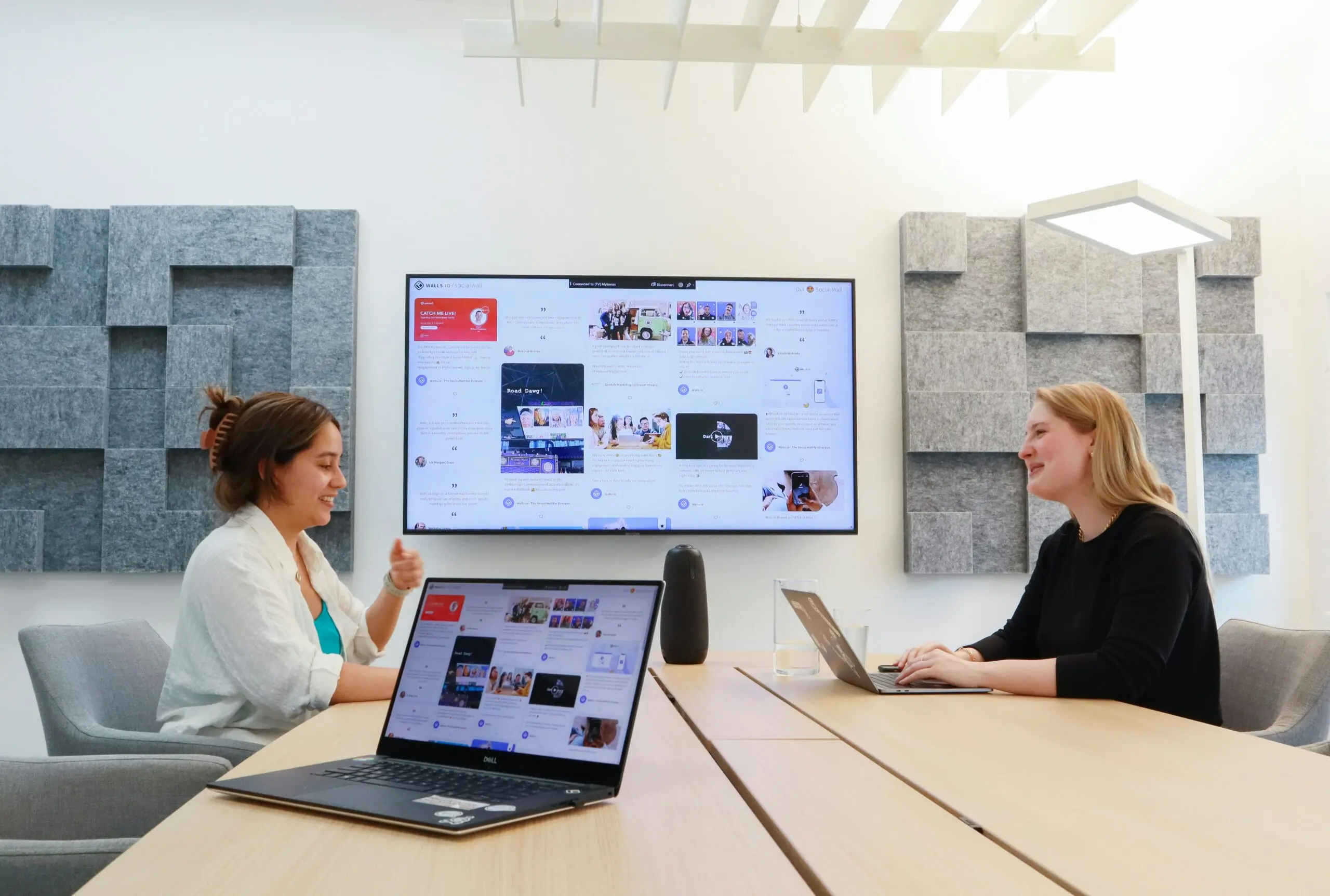Healthcare IT Security
At Rubix Technology, we understand the importance of fortifying healthcare IT infrastructures to safeguard data while promoting operational efficiency. This post will explore how strategic IT solutions can enhance data security, ensuring that healthcare professionals can deliver exceptional care with confidence.In today’s digital age, the security of healthcare IT systems has become a critical priority for medical providers and administrators alike. As the reliance on digital platforms and electronic health records increases, so does the need for robust security measures to protect sensitive patient data. Healthcare organizations face a growing array of cyber threats that could compromise patient privacy and disrupt essential services.

The Role of IT Security in Healthcare
IT security plays a crucial role in protecting patient data and maintaining the integrity of healthcare systems. This section explores the key aspects of data security, trustworthy IT solutions, and the challenges faced in healthcare IT support.
Understanding Data Security
Data security in healthcare involves safeguarding sensitive patient information from unauthorized access and cyber threats. It's a critical component of modern healthcare operations.Healthcare organizations must comply with regulations like HIPAA to ensure patient privacy. This involves implementing strict access controls and encryption methods.Regular security audits and staff training are essential to maintain effective data protection. These measures help healthcare providers identify vulnerabilities and respond to potential threats.Prioritizing data security not only protects patient trust but also helps avoid costly data breaches. It's an ongoing process that requires constant vigilance and adaptation to new threats.
Trustworthy IT Solutions
Trustworthy IT solutions are fundamental to protecting patient data and ensuring smooth healthcare operations. These solutions encompass a range of technologies designed to secure sensitive information.
Key components of reliable IT solutions include:
- Robust encryption for data at rest and in transit
- Secure cloud storage and backup systems
- Advanced firewalls and intrusion detection
- Multi-factor authentication for user access
Implementing these solutions helps healthcare organizations maintain regulatory compliance and protect against evolving cyber threats.
By investing in trustworthy IT solutions, healthcare providers can focus on patient care with confidence in their IT infrastructure. This balance of security and functionality is crucial for modern healthcare delivery.
Challenges in IT Support
IT support in healthcare faces unique challenges due to the sensitive nature of patient data and the critical role of technology in medical practices.One major challenge is balancing security measures with accessibility. Healthcare professionals need quick access to patient information, but this must be balanced with robust security protocols.Another significant challenge is keeping pace with rapid technological advancements in healthcare. IT support teams must stay current with new medical devices, software updates, and emerging cyber threats.Addressing these challenges requires ongoing training, collaboration between IT and medical staff, and investment in scalable IT solutions. It's a complex task that demands specialized knowledge and adaptability.
Implementing IT Services for Healthcare
Implementing effective IT services in healthcare requires careful planning, selection of appropriate technologies, and seamless integration with existing systems. This section outlines key considerations for selecting and implementing healthcare IT services.
Selecting Healthcare Technology Services
Selecting the right healthcare technology services is crucial for ensuring security and efficiency in medical operations. The chosen services must meet strict regulatory requirements while supporting the unique needs of healthcare providers.
Key factors to consider when selecting healthcare technology services include:
- Compliance with HIPAA and other relevant regulations
- Scalability to accommodate growing patient data
- Interoperability with existing systems and devices
- Robust security features, including encryption
It’s also important to evaluate the vendor’s track record in healthcare IT and their ability to provide ongoing support and updates.
This careful selection process ensures that the chosen services can adapt to evolving healthcare needs and security threats, providing a solid foundation for healthcare operations.
Understanding Data Security
Data security in healthcare involves safeguarding sensitive patient information from unauthorized access and cyber threats. It's a critical component of modern healthcare operations.

Understanding Data Security
A comprehensive security framework is essential for protecting patient data and maintaining the integrity of healthcare systems. This framework should cover all aspects of IT security, from network infrastructure to end-user devices.
Key components of a comprehensive security framework include:
- Regular risk assessments and vulnerability scans
- Incident response plans and disaster recovery procedures
- Continuous monitoring and threat intelligence
- Employee training and awareness programs
Implementing such a framework requires collaboration between IT professionals, healthcare administrators, and clinical staff.
This collaborative approach ensures that security measures align with operational needs and regulatory requirements, creating a robust defense against potential threats.
Integrating IT Support into Operations
Integrating IT support into healthcare operations is crucial for maintaining smooth, secure, and efficient medical services. This integration involves aligning IT processes with clinical workflows and ensuring that technology supports, rather than hinders, patient care.
Effective integration strategies include:
- Establishing clear communication channels between IT and clinical staff
- Providing on-site IT support during critical system updates
- Implementing user-friendly interfaces for healthcare professionals
- Regularly gathering feedback to improve IT services
By seamlessly integrating IT support into daily operations, healthcare providers can enhance patient care, improve data security, and increase overall operational efficiency.
This integration also helps foster a culture of technological adoption and continuous improvement within healthcare organizations.
Future Trends and Strategies in Healthcare IT
The future of healthcare IT is shaped by emerging technologies, evolving security needs, and the growing importance of data-driven decision-making. This section explores key trends and strategies for staying ahead in the rapidly changing landscape of healthcare IT.
Emerging Technologies in Healthcare Security
Emerging technologies are revolutionizing healthcare security, offering new ways to protect patient data and enhance the overall safety of medical systems.
Some key emerging technologies include:
- Artificial Intelligence (AI) for threat detection and response
- Blockchain for secure health record management
- Internet of Medical Things (IoMT) security solutions
- Quantum encryption for ultra-secure data transmission
As these technologies mature, they will play an increasingly important role in safeguarding patient information and maintaining the integrity of healthcare systems.
Healthcare organizations that adopt these technologies early can gain a significant advantage in protecting patient data and improving overall security posture.
Enhancing Trust with IT Services
Building and maintaining trust is crucial in healthcare, and IT services play a vital role in this process. Implementing robust, transparent, and patient-centric IT solutions can enhance trust among patients, staff, and stakeholder
Key strategies for enhancing trust include:
- Implementing clear data usage and privacy policies
- Providing patients with easy access to their health records
- Ensuring transparency in AI and automated decision-making systems
- Regular communication about security measures and data protection efforts
By prioritizing trust in IT services, healthcare organizations can improve patient engagement, compliance, and overall satisfaction with their care.
This focus on trust can also lead to better health outcomes and stronger relationships between healthcare providers and patients.
Developing Long-Term IT Strategies
Developing long-term IT strategies is essential for healthcare organizations to stay ahead of technological advancements and evolving security threats. These strategies should align with overall organizational goals and anticipate future needs in patient care and data management.
Key considerations for long-term IT strategies include:
- Prioritizing interoperability and data standardization
- Investing in scalable and flexible infrastructure
- Developing partnerships with innovative technology providers
- Fostering a culture of continuous learning and adaptation
By taking a proactive approach to IT strategy, healthcare organizations can position themselves to leverage new technologies effectively and maintain robust security measures in the face of evolving challenges.
This forward-thinking approach can lead to improved patient care, more efficient operations, and better preparedness for future healthcare challenges.


